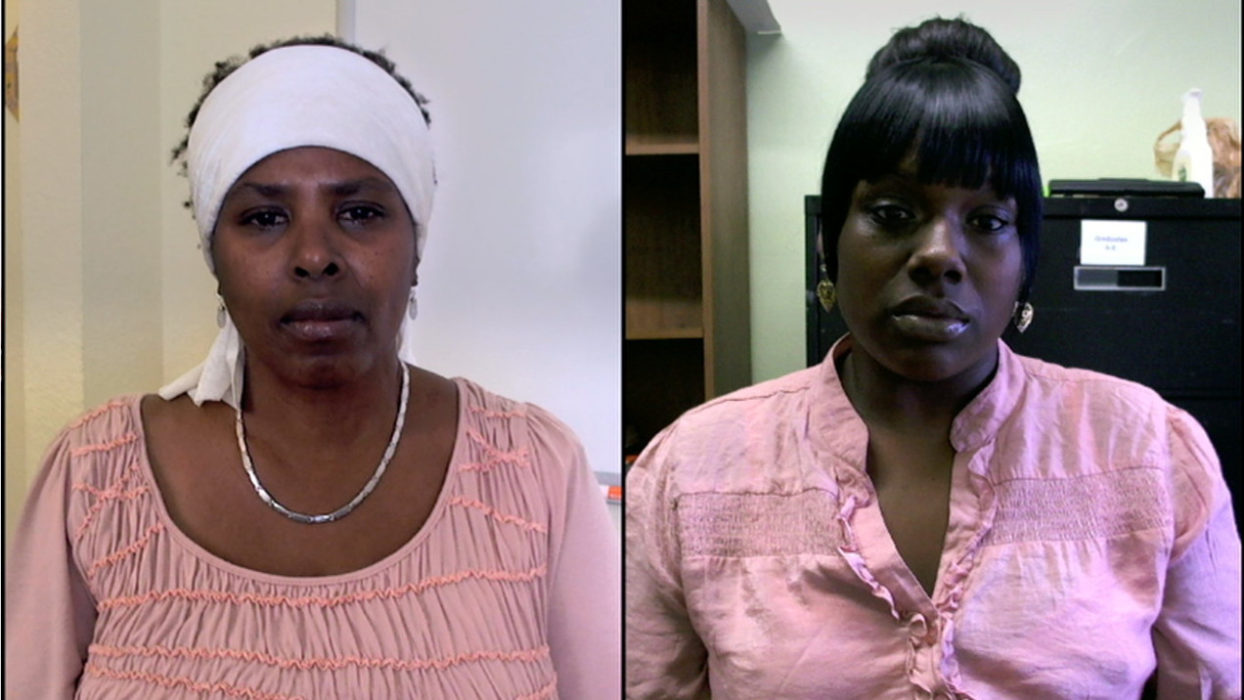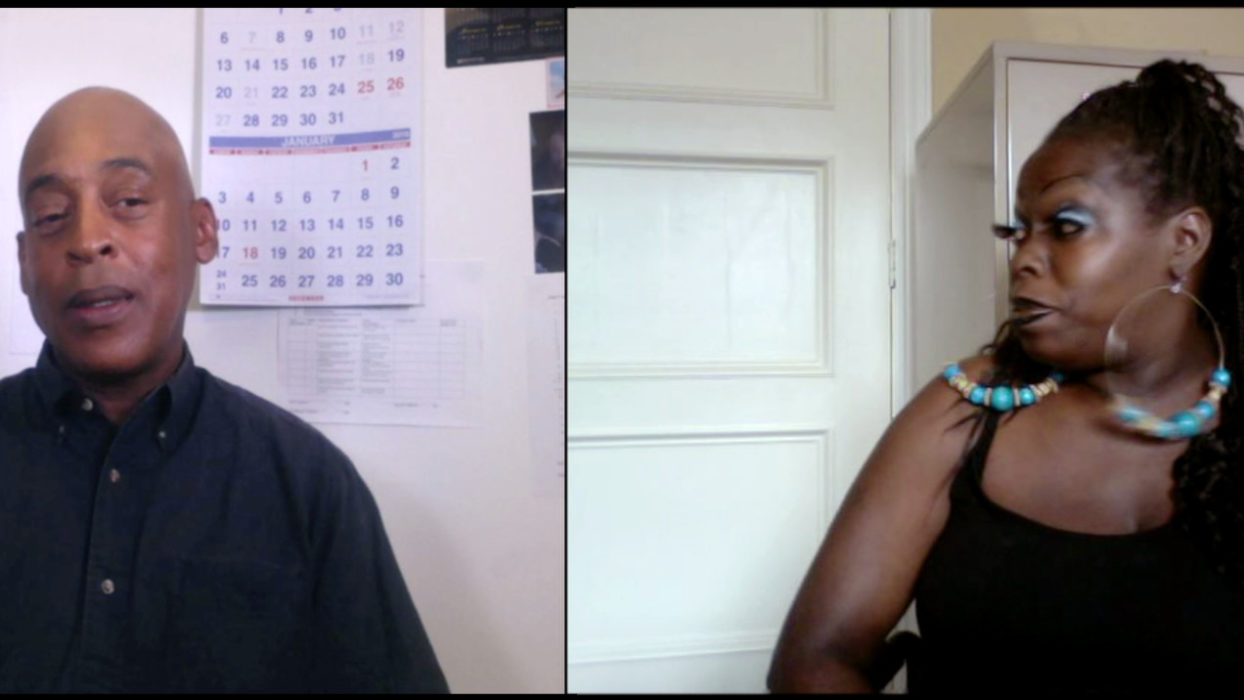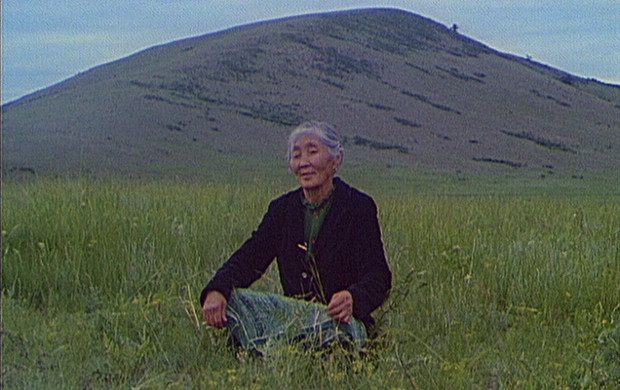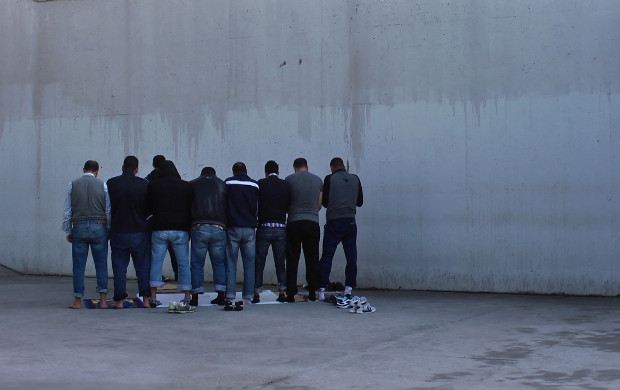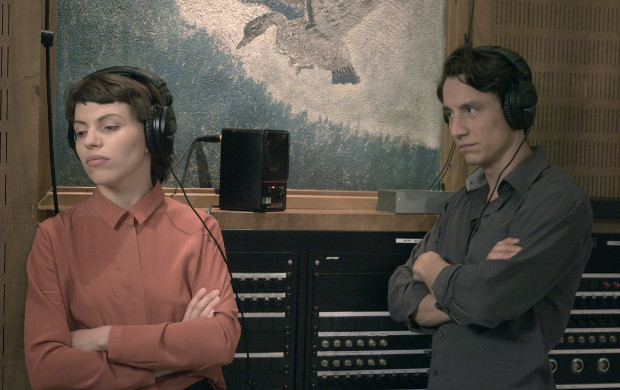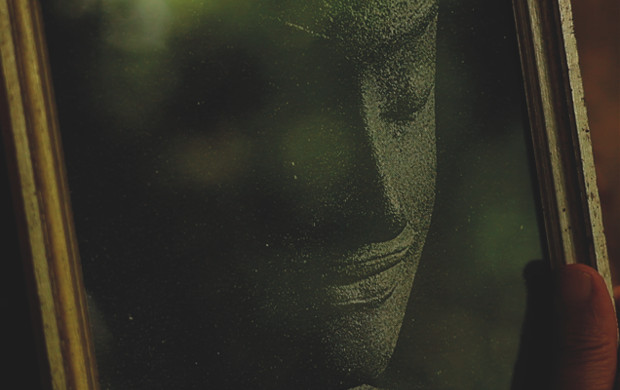Long Story Short
- 2016
- United States
- 45 minutes
- English
CINÉMA DU RÉEL GRAND PRIX
“What it is like to live with limited resources”: discreet but square on, the hundred or so interviews filmed by Natalie Bookchin in Californian food banks, homeless shelters and literacy centres speak of poverty in the United States. How to live with it and how to escape it, perhaps. Rather than avoid the frontality of camera-facing shots by exploring psychological or narrative depth, the filmmaker chooses an opposite and surprising form: the interviews are prepared partly by the narrators themselves, then edited into themes and sometimes presented simultaneously on split screens. They occasionally converge, even to the point of identical sentences, into a chorus that only emerges thanks to the editing, before breaking out again into different expressions. So each individual story gives way at times to the birth of a suddenly powerful collective voice that contradicts the representation of poverty as an exception. The articulation between the individual and the collective reveals the way that the class system, race, urban violence and drugs hinge together. The dispositif of individual recording and the viral editing of Long Story Short, unprecedented on the big screen, concretely translate the agonising tension between social isolation and the promise of solidarity. (Charlotte Garson)
- Production : Mass Produced Media
- Editing : Natalie Bookchin
- Sound : Michael Kowalski
- Photography : Video recorded with webcams
- Copy Contact : Mass Produced Media
